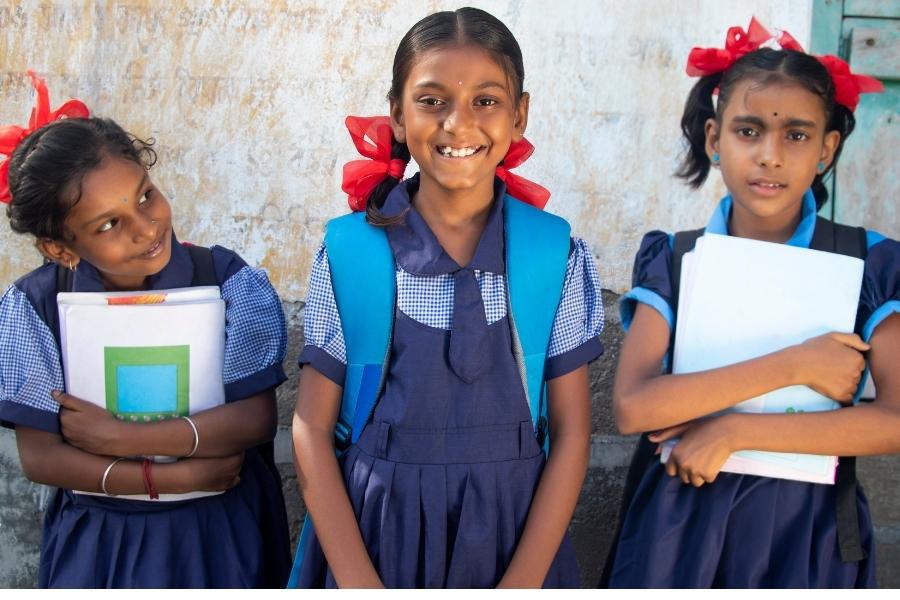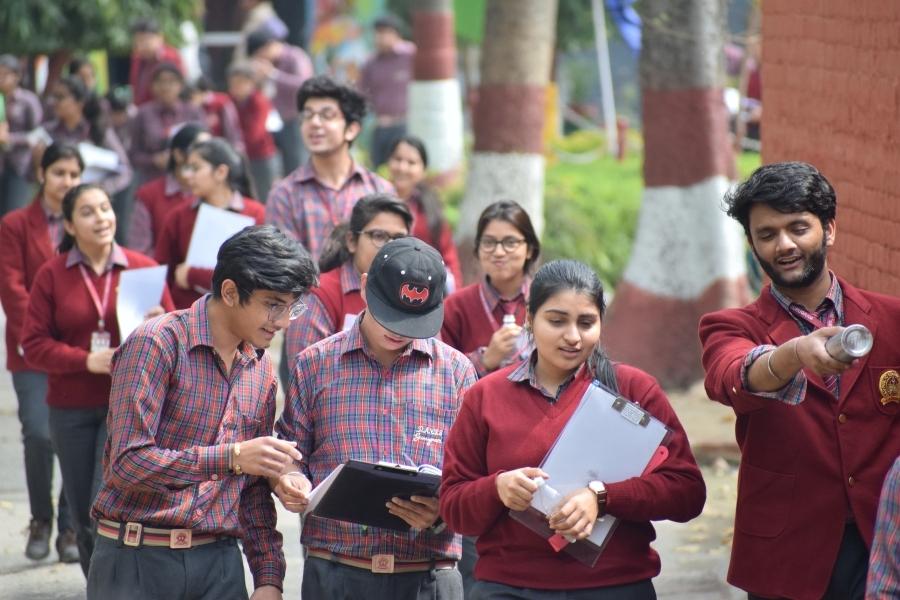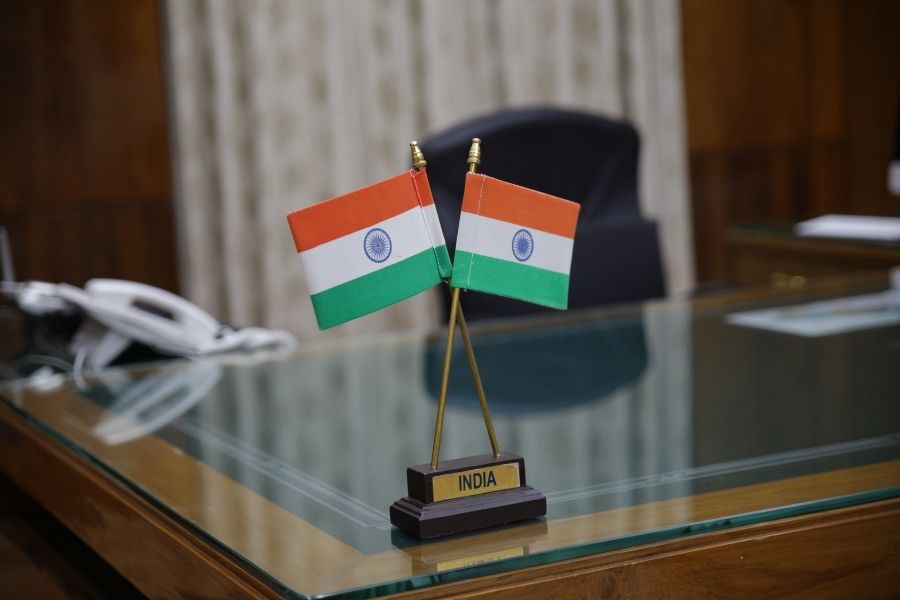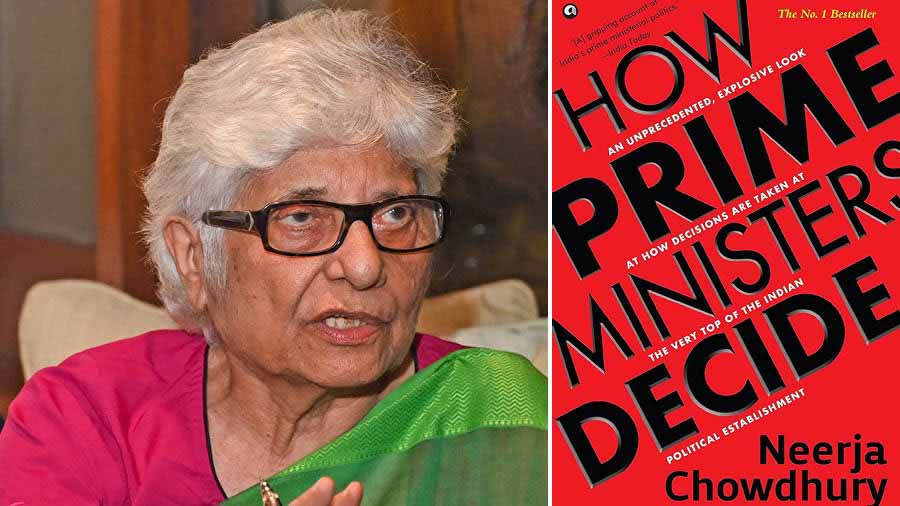India’s democracy is a vibrant yet complex tapestry, woven with the threads of tradition and modernity. But it is a tapestry that threatens being tarnished by nepotism, corruption and inefficient leadership. In a multipolar world, where India aspires to be a force to reckon with, the demand for ethical and capable leadership has never been greater. And yet, India’s education system, prized for its depth and breadth, has largely overlooked the structured development of future political leaders. In this context, it is pertinent to ask: Should political leadership be nurtured through formal education and training?
Globally, countries have long recognised the need to equip their leaders with the skills necessary for governance. Institutions such as Harvard’s Kennedy School of Government and Sciences Po in France have set benchmarks in political education, producing leaders who can navigate the complexities of governance in a rapidly changing world. These examples underscore how integrating politics into education creates a well-informed, capable cadre of leaders who are prepared to address modern challenges.
India, however, has largely relied on traditional, informal pathways to leadership, where individuals learn through experience rather than structured education. This approach has its limitations, often leaving leaders unprepared for the intricate demands of governance. To bridge this gap, India should look towards institutionalising political education within its broader educational framework.

Political education is not merely about creating politicians; it is about shaping a new generation of socially conscious leaders, community organisers, and informed citizens Shutterstock
One promising step has been the establishment of dedicated institutions that focus on nurturing political leadership. For example, the MIT School of Government (MIT SOG) in Pune has pioneered efforts to formalise political education in India. Founded in 2005, the institution offers programmes aimed at equipping students with knowledge of governance, public policy, and socio-political dynamics. Such institutions provide a glimpse into the transformative potential of political education in fostering leaders who are both empathetic and effective. “At MIT SOG, we empower the youth in making the world a better place. We impart courses of political leadership and governance that help us create an ethical and committed cadre of youth who contribute to nation-building,” says Rahul V. Karad, the founder of MIT SOG.
Political education is not merely about creating politicians; it is about shaping a new generation of socially conscious leaders, community organisers, and informed citizens. A structured curriculum that incorporates political science, public policy and participatory governance can empower individuals to better understand the democratic process and their role within it. Beyond theoretical learning, practical experiences such as internships, field visits and grassroot engagement can bridge the gap between academic instruction and the realities of governance.
India’s democracy faces persistent challenges such as low voter turnout, caste-based politics and growing socio-economic divides. Formal political education can address these challenges by grooming leaders committed to inclusivity and ethical governance. When citizens are informed about the workings of their democracy, they are better positioned to hold leaders accountable and demand governance that aligns with their aspirations.

Political education can have a ripple effect on society by creating a more participatory democracy Shutterstock
Comparisons with the West further highlight the need for India to embrace political education. In many western democracies, political training is viewed as an essential component of leadership development. These systems recognise that leaders require a nuanced understanding of international relations, public administration, and emerging global issues such as climate change and technological disruption. By integrating similar approaches, India can prepare its leaders to navigate domestic challenges while maintaining a global perspective.
Furthermore, political education can have a ripple effect on society by creating a more participatory democracy. Educated leaders often inspire confidence among voters, encouraging greater civic engagement and participation. They are better equipped to bridge the gap between the state and its citizens, ensuring governance is more inclusive and transparent. This, in turn, strengthens democratic institutions and fosters social cohesion.
India’s focus on political education must also address emerging challenges. The leaders of tomorrow must be equipped to handle complexities that transcend traditional governance paradigms. Integrating environmental policy, technology governance, and international relations into curricula can ensure that leaders are prepared to lead with foresight and innovation.

Political education should embrace a multidisciplinary approach that reflects the interconnected nature of modern governance Shutterstock
The role of political education is not confined to creating politicians. It extends to shaping thought leaders, community organisers, and socially conscious citizens. “Education provides youth with multiple perspectives which help them in taking effective and inclusive decisions,” says Karad. This philosophy resonates with the broader vision of building a participatory democracy, where every citizen is engaged and informed.
Political education should also embrace a multidisciplinary approach that reflects the interconnected nature of modern governance. Courses combining economics, sociology, ethics and cultural studies could provide students with a holistic understanding of the issues they will face as leaders. For instance, addressing socio-economic inequality requires not just economic policy expertise but also cultural sensitivity and ethical judgement. By cultivating a broader educational base, political education can prepare leaders who are adaptable, empathetic and effective.

By embracing political education, India can prepare a new generation of leaders ready to uphold the ideals of democracy while navigating the complexities of governance
The journey of political education in India is just beginning. While MIT SOG has set a pioneering example, the need for similar initiatives across the country is evident. Public-private partnerships, regional leadership schools, and short-term training programmes can further democratise access to political education. This includes encouraging more female participation in political leadership. “Our aim at MIT SOG, through initiatives like National Women’s Parliament, is to provide a platform that connects women from diverse sections of the society. This diversity allows them to get hold of different perspectives which is pertinent to problem-solving and decision-making,” underlines Karad.
India’s democratic fabric is both its strength and its responsibility. As the country faces unprecedented challenges and opportunities, the call for capable and ethical leadership grows louder. By embracing political education, India can prepare a new generation of leaders ready to uphold the ideals of democracy while navigating the complexities of governance.


